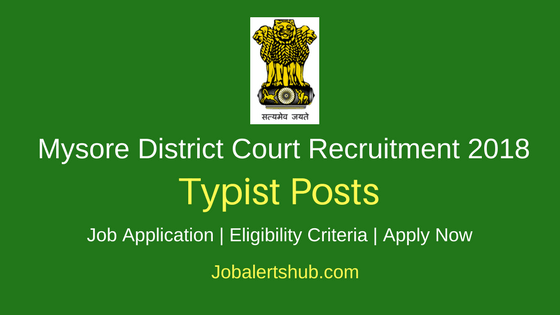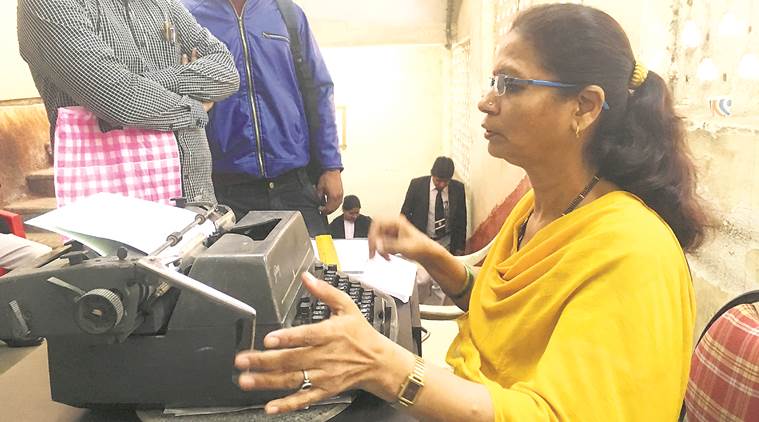

They have speeds of about 300 words per minute and use a steno machine to write in shorthand to ensure speediness. While transcribers have to create the written content of audio files, stenographers sit in the courtroom keeping track of legal proceedings for future reference. Stenographers exhibit similar skills as transcribers. Good Listening, Discerning Accented Speech, and Proofreading: Transcriptionists must be able to understand others with accents while working on audio and video transcription.Adhering to Privacy Guidelines: A transcriptionist should be well-aware of and strictly follow all privacy and security guidelines applicable to your organization to protect your and your client’s information and avoid data leaks.Hence, professionals must be apt at producing error-free and grammatically correct content without fail. Punctuation, Grammar, and Spelling Proficiency: Some transcription tasks may require producing verbatim-based content, while others would be more inclined to get easy to read and clean transcripts.Having sharp memory allows the person to type with fewer pauses between the video and type longer dialogues without missing a single word.
COURTROOM TYPIST PLUS

Most transcribers would develop skills similar to subject matter experts. See Also: Why Is Spanish Transcription Necessary for Businesses? Transcribers often have to produce written records of audio or video files. Typists type documents for clients and turn notes into a memo or client communication. If you need your audio file transcribed, you might want to look for transcriptionists with similar skills as a typist.

For an entry-level position, 60 to 65 words per minute (wpm) is sufficient.
COURTROOM TYPIST PROFESSIONAL
Fast and Accurate Typing: As discussed before, professional typists are judged based on their typing speed proficiency and ability to produce error-free documents.
COURTROOM TYPIST INSTALL
Especially when they are hired remotely, it's important that they install software, log into the computer's system, troubleshoot, and upload files.



 0 kommentar(er)
0 kommentar(er)
